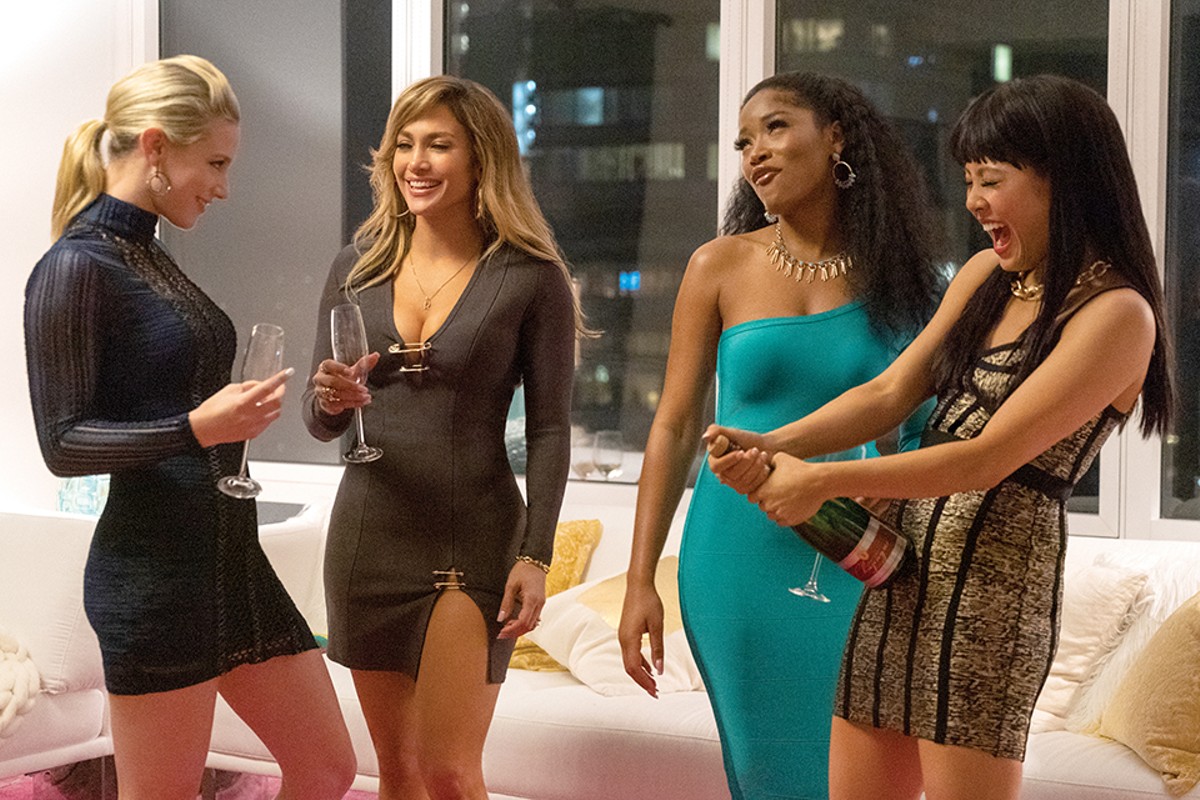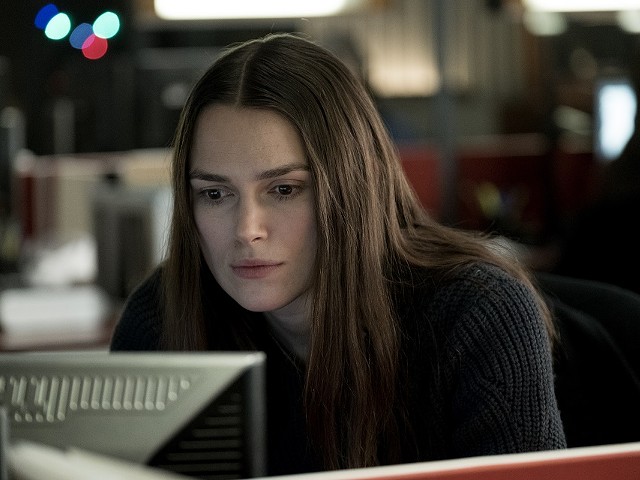Women Now Empowered by Everything a Woman Does," The Onion once noted in a headline. The makers of the new film Hustlers got the message but not the joke. So much of this would-be feel-good film is devoted to watching the heroines celebrating their achievements — shopping sprees, Champagne and the obligatory singing-along-with-hits-from-the-'60s — that the reasons for their celebration (we'll get to that) tend to fade into the background, as if the filmmakers have skipped the main event in their hurry to get to the after-party.
Based (with considerable license) on a 2015 article in New York magazine, Hustlers is the story of a group of strippers who grew tired of watching obnoxious, drunk customers throw money that mostly landed in the pockets of the club owners. They devised a plan to lure free-spending Wall Street types, serve them drinks laced with MDMA and ketamine (the film blithely ignores how they acquire these ingredients), and then persuade the barely conscious victims to blurt out ATM numbers and other secrets so the women could empty out their bank accounts and credit lines. It's all good, harmless fun (try not to fret over the ethical implications of victimizing people with date-rape drugs) until personalities clash and team unity starts to erode.
Destiny (Constance Wu) is a struggling single mother. Ramona (Jennifer Lopez), the originator of the criminal plan, is a pole-dancing star who seems to have everything. She takes Destiny under her wing (almost literally), saying without a trace of irony, "I guess I'm just a people person." Director Lorene Scafaria places most of the film's weight on the personalities of these two characters, a tactic which might have worked if Wu and Lopez weren't undermined by the confusing mess of a script that spans several years but leaves a lot of blank spaces.
After a long, rambling prologue (30 minutes of dancing followed by the 2008 market crash), the film settles into the narrative device of Destiny being interviewed by a journalist (Julia Stiles), but even this familiar strategy adds to the confusion, as Destiny simultaneously cooperates and resists her questioner. (At one point, she mentions that Ramona "got a job in fashion" as we see Lopez folding clothes at an Old Navy store. It's an old joke, but who exactly is it supposed to be fooling?)
But Hustlers isn't really aiming for coherence; it's more concerned with showing the women (the team is rounded out with Keke Palmer and Lili Reinhart, the latter given a running gag in which she vomits every time she gets upset) in action and enjoying the fruits of their labor. There's a great deal of frenzy but not much substance. You get the sense that Scafaria is trying for an ethnically balanced, gender-reversed Goodfellas, an analogy that would only work if Scorsese had spent half of his film with mobsters showing off their cars and clothes and most of the rest trying to convince us that despite all of the crimes they've committed, Ray Liotta and his pals never really hurt anyone.
Eventually the film, like the gang, runs out of steam and ideas; even the Champagne and designer shows lose their charm. There is a half-hearted attempt near the end to give psychological and sociological explanations to the ladies' crime spree (They came from broken homes! Blame the economy!), but these seem especially lazy in a film that hasn't shown the slightest interest in psychology or sociology up to that point. Where Goodfellas explored a fragmented and evolving narrative, Hustlers simply dissipates, fading away in exhaustion.






